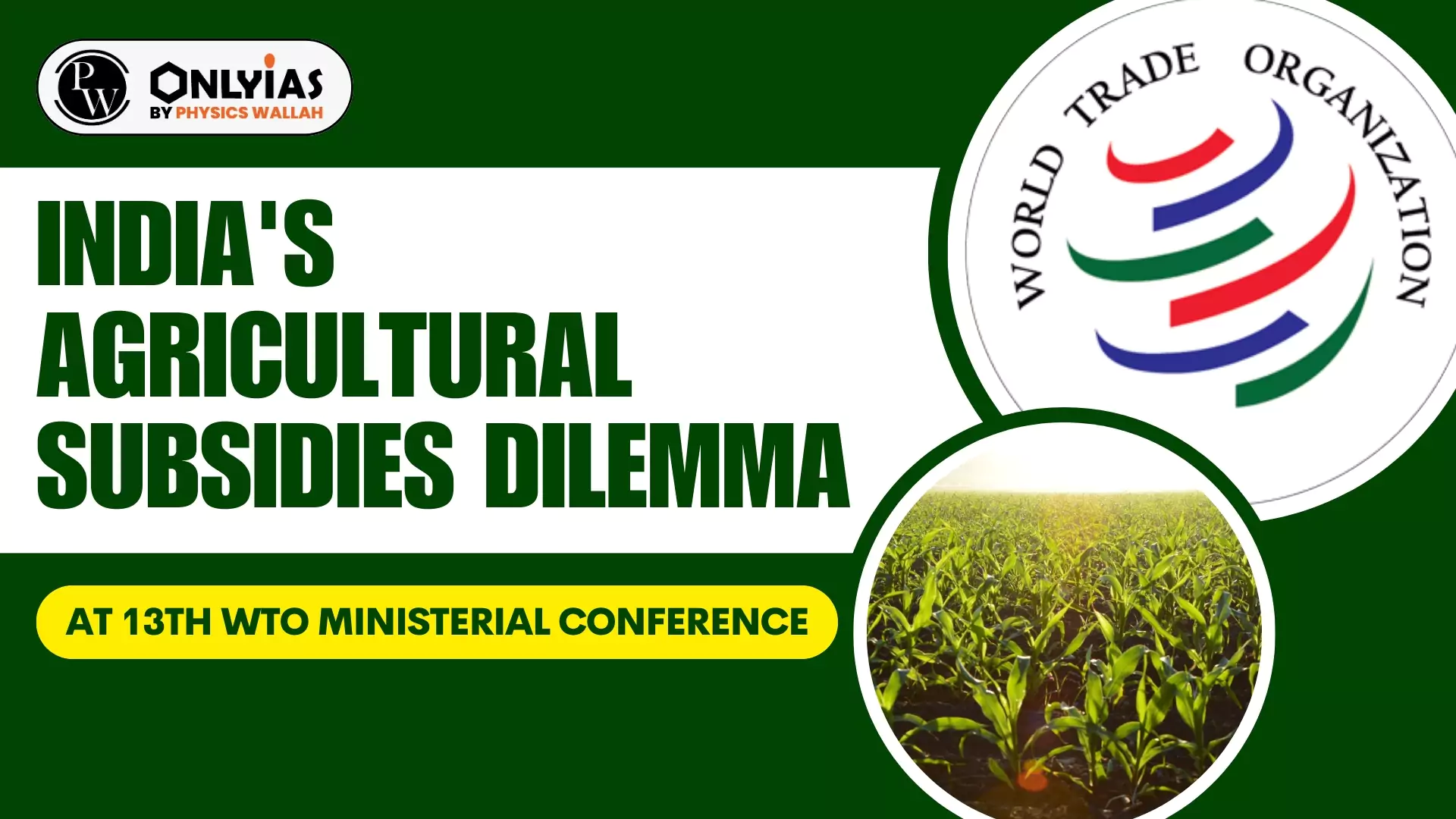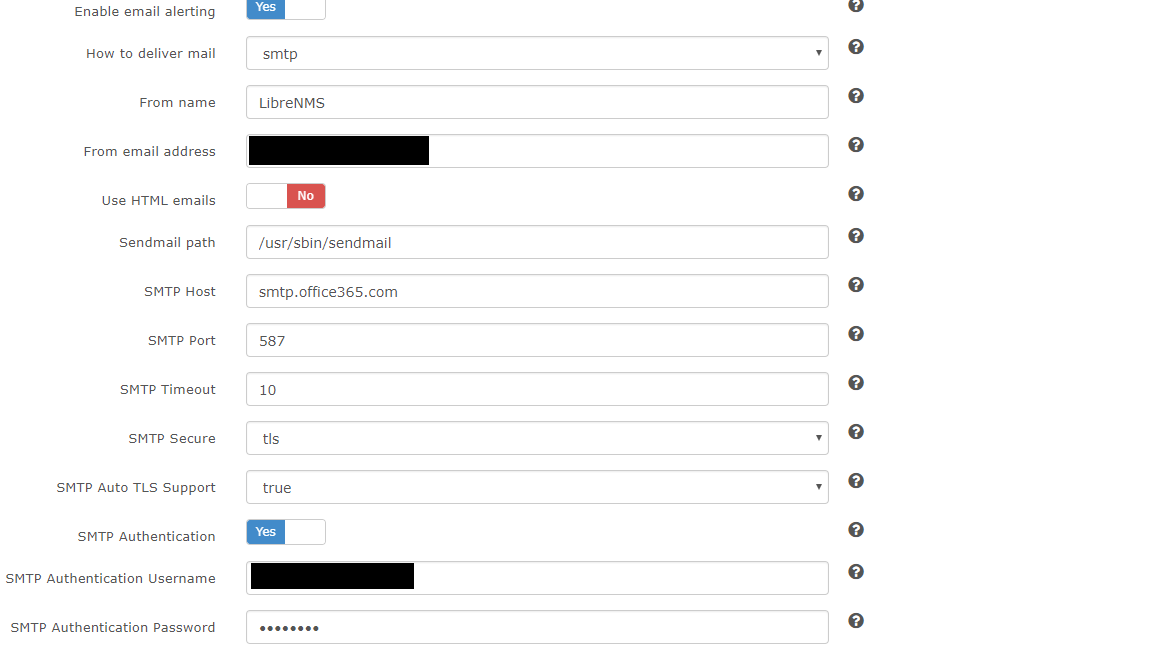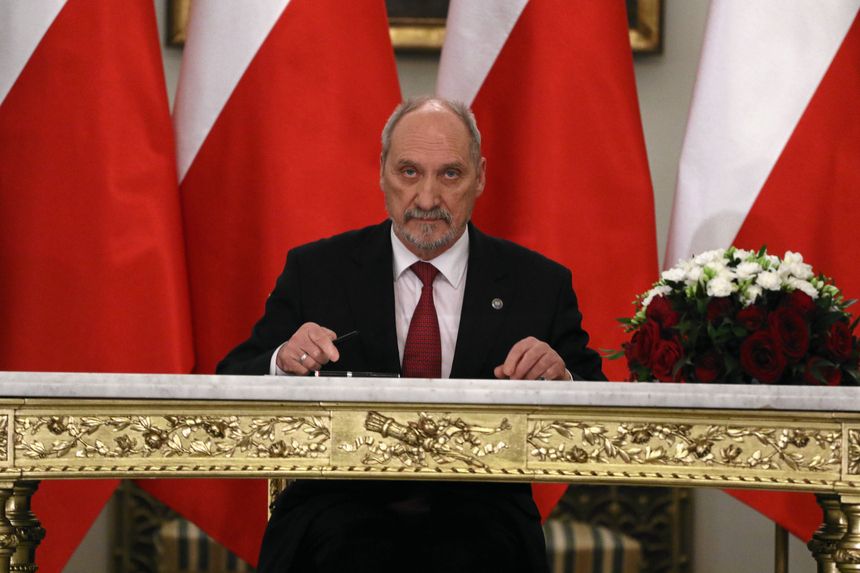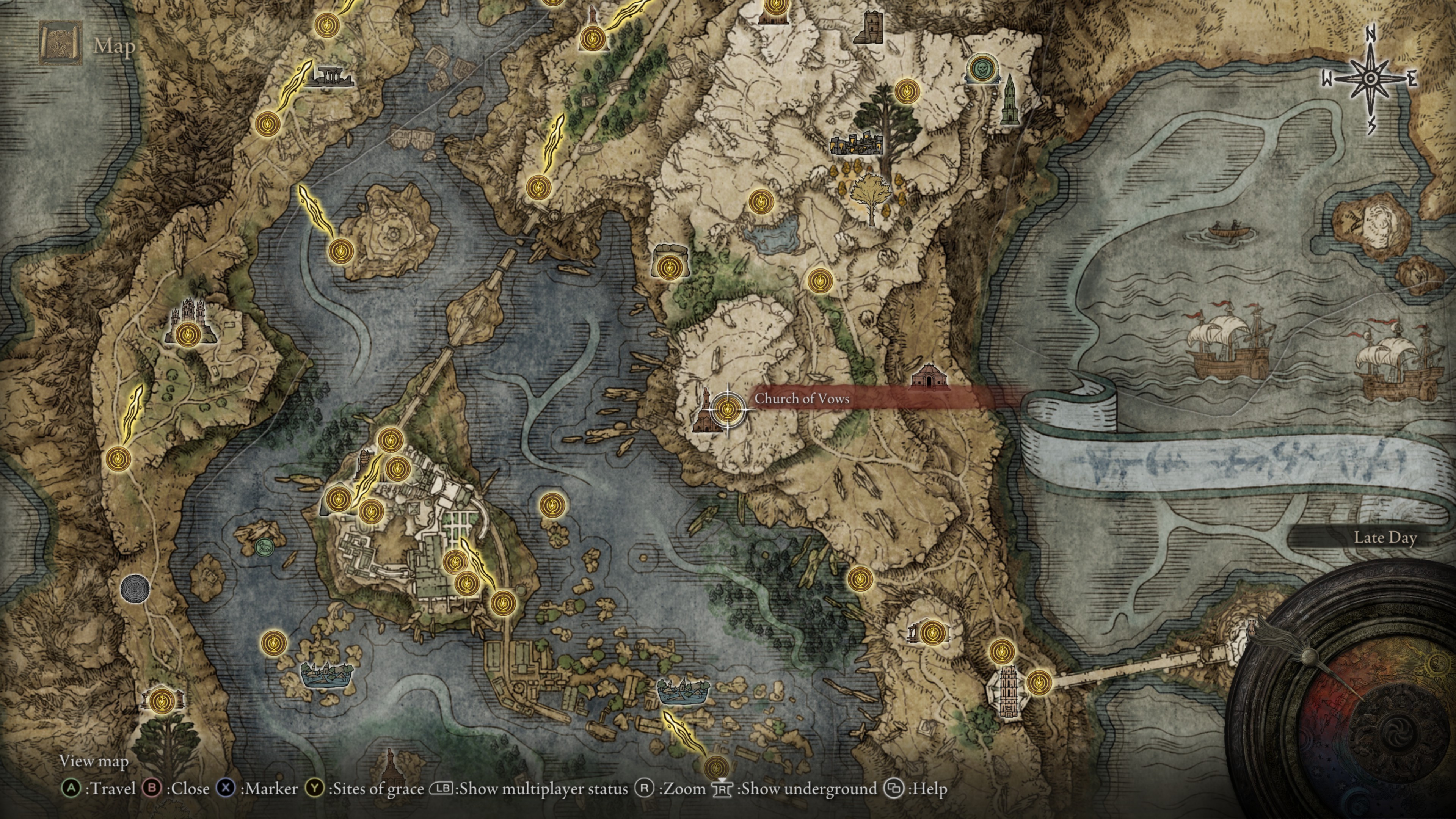Privilege And The WTO: A Dilemma Driving Accession

Table of Contents
Historical Context of WTO Accession and its Inherent Biases
The WTO's predecessor, the General Agreement on Tariffs and Trade (GATT), was established in 1948 with a primarily Western-centric membership. This initial composition laid the groundwork for inherent biases within the global trading system. Early negotiations were heavily influenced by the economic power dynamics of the time, leading to advantages for developed nations.
- Developed nations' advantages during initial negotiations: Established economies leveraged their economic strength and negotiating expertise to secure favorable trade terms.
- Legacy of colonial relationships influencing trade agreements: Historical power imbalances stemming from colonialism continued to shape trade relationships and access to markets.
- Unequal bargaining power from the outset: Developing nations often lacked the resources and technical expertise to effectively negotiate favorable terms during early WTO accession talks. This resulted in agreements that may not have served their best interests. The power asymmetry continues to impact negotiations today.
The Role of Special and Differential Treatment (S&DT): A Double-Edged Sword
The WTO recognizes the developmental needs of developing countries and provides for Special and Differential Treatment (S&DT) provisions within its agreements. These provisions aim to create a more level playing field by offering flexibility and concessions to developing nations.
- Arguments for S&DT as a necessary tool for leveling the playing field: S&DT is vital in enabling developing countries to participate more effectively in the global trading system, promoting their economic growth and development.
- Criticisms of S&DT for potentially hindering competition and efficiency: Critics argue that S&DT can create distortions in the market and hinder the overall efficiency of the global trading system. Concerns exist about the potential for misuse or abuse of these provisions.
- Examples of countries successfully utilizing S&DT during accession: China's strategic use of S&DT during its WTO accession process is a prominent example of its successful application.
- Examples where S&DT has proved insufficient or ineffective: However, many developing nations continue to struggle despite the existence of S&DT, highlighting the limitations and complexities of its implementation.
Negotiating Access: The Challenges Faced by Developing Countries
The WTO accession process for developing countries is fraught with significant challenges. These challenges often stem from a combination of capacity constraints, economic vulnerabilities, and persistent power imbalances.
- Technical barriers to trade and capacity building needs: Understanding and complying with WTO's complex rules and regulations requires substantial technical expertise and resources, which many developing nations lack. Capacity building initiatives are crucial for successful WTO accession.
- Pressure to liberalize markets prematurely: Developing countries may face pressure to liberalize their markets rapidly, exposing vulnerable sectors to unfair competition before they are adequately prepared.
- Difficulties in complying with WTO rules and regulations: Implementation of WTO agreements can be challenging, especially in countries with weak institutional frameworks or limited administrative capacity.
- Limited resources and expertise for effective negotiation: Negotiating effectively within the WTO requires significant resources and specialized expertise, which can be lacking in many developing nations.
The Impact of Regional Trade Agreements (RTAs) on WTO Accession
Regional Trade Agreements (RTAs) are bilateral or multilateral trade agreements between geographically proximate countries. These agreements can significantly impact the WTO accession process, either facilitating or hindering it.
- Examples of RTAs positively impacting WTO accession processes: Participation in RTAs can provide valuable experience in negotiating trade agreements and improve a nation's preparedness for WTO membership.
- Examples of RTAs creating trade diversion and hindering broader WTO membership: However, some RTAs may create preferential access for certain countries, potentially diverting trade away from non-members and hindering their WTO accession efforts. This can exacerbate existing inequalities.
- The role of RTAs in shaping negotiating power: RTAs can also influence a country's negotiating power in WTO accession talks, either strengthening or weakening their position depending on the specific agreement and its members.
Conclusion
The process of WTO accession is intricately linked to issues of privilege and differential treatment. While S&DT aims to create a more level playing field, significant obstacles remain for developing countries. Historical biases, existing RTAs, and capacity limitations all contribute to a complex and often unequal landscape for WTO membership. Understanding the dynamics of "privilege and the WTO" is crucial for fostering a more inclusive and equitable global trading system. Further research and policy reforms are urgently needed to ensure that WTO accession becomes a process that benefits all nations, not just a select few. Let's work towards a fairer system by advocating for more equitable WTO accession processes and promoting capacity building initiatives for developing countries. Learn more about the complexities of WTO accession and how we can strive for greater fairness in global trade.

Featured Posts
-
 Live The Baba Yaga Life Your John Wick Las Vegas Adventure
May 07, 2025
Live The Baba Yaga Life Your John Wick Las Vegas Adventure
May 07, 2025 -
 8 Longas Metragens Com Isabela Merced A Dina De The Last Of Us
May 07, 2025
8 Longas Metragens Com Isabela Merced A Dina De The Last Of Us
May 07, 2025 -
 Langeliers Home Run Propels Athletics To Win Against Mariners
May 07, 2025
Langeliers Home Run Propels Athletics To Win Against Mariners
May 07, 2025 -
 Federal Investigation Millions Stolen Via Office365 Executive Inboxes
May 07, 2025
Federal Investigation Millions Stolen Via Office365 Executive Inboxes
May 07, 2025 -
 Zaufanie Polakow Najnowszy Ranking Ib Ri S Dla Onetu
May 07, 2025
Zaufanie Polakow Najnowszy Ranking Ib Ri S Dla Onetu
May 07, 2025
Latest Posts
-
 Ranking The Best Krypto Stories
May 08, 2025
Ranking The Best Krypto Stories
May 08, 2025 -
 Quick News Update F4 Elden Ring Possum And Superman
May 08, 2025
Quick News Update F4 Elden Ring Possum And Superman
May 08, 2025 -
 Darkseids Legion Attacks Superman Dc Comics July 2025 Solicits Revealed
May 08, 2025
Darkseids Legion Attacks Superman Dc Comics July 2025 Solicits Revealed
May 08, 2025 -
 F4 Elden Ring Possum And Superman Quick News Roundup
May 08, 2025
F4 Elden Ring Possum And Superman Quick News Roundup
May 08, 2025 -
 Review Of The Best Krypto Stories
May 08, 2025
Review Of The Best Krypto Stories
May 08, 2025
